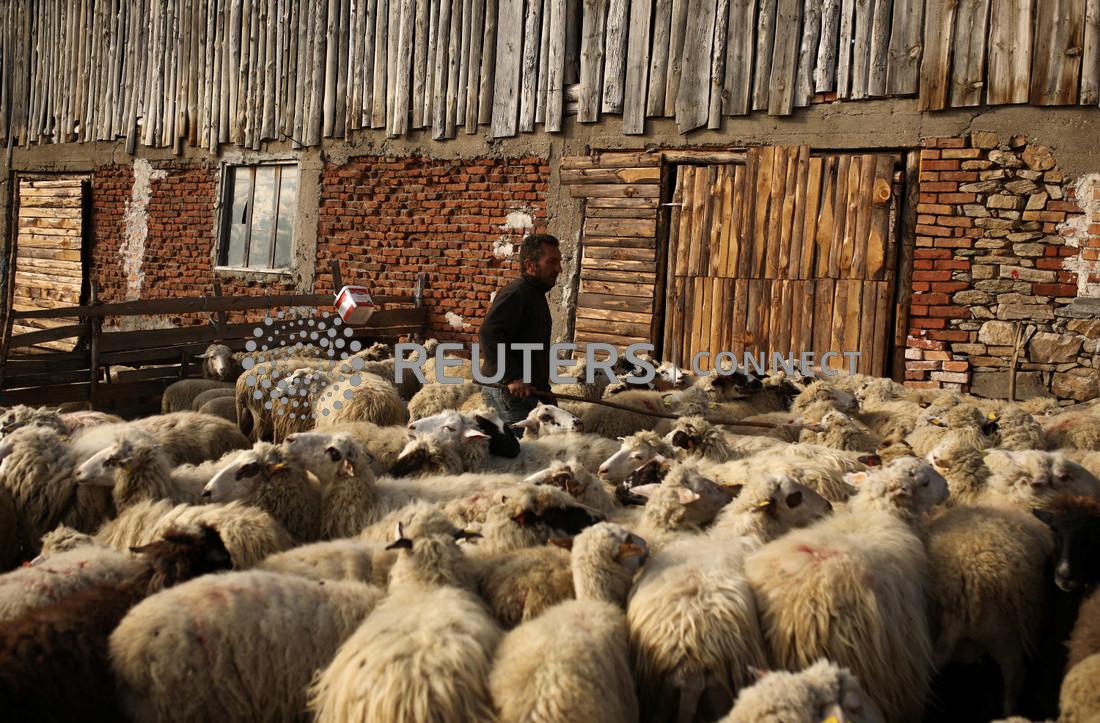DEVIN, Bulgaria (Reuters) – In the rugged Rhodope mountains in southern Bulgaria, many voters have little hope that Sunday’s parliamentary election, the nation’s fifth in two years, will produce a stable government able to tackle corruption, inflation and poverty.
The latest ballot was announced in January, following three attempts by various political groupings to put together a functioning coalition after an inconclusive vote in October.
The country has been in a political gridlock since mass protests in 2020 and has mostly been governed by caretaker governments appointed by President Rumen Radev.
The political turmoil has already led to delays in the country’s ambitions to join the euro zone in 2024 and could further hamper its efforts to efficiently use COVID-19 pandemic recovery funds and tackle rising living costs.
“Politicians in parliament apparently cannot understand each other,” said Andrey Kehayov, 29, whose parents run a sheep farm in Devin, a town of 7,000 people north of the Greek border. “We need a regular government and they are quarrelling … This is nonsense.”
“Over the last year or two, life has been going badly. Inflation is quite high, fuel and energy increases are affecting us … animal feed has become three times as expensive,” said Kehayov who is a youth activist with the ethnic Turkish MRF party.
With prices soaring across Europe, consumer prices increased by 16% in February in Bulgaria.
An opinion poll by Market Links showed Sunday’s ballot will be closely fought. The newly established coalition of the pro-Western We Continue the Change (PP) party and reformist Democratic Bulgaria (DB) was running at 23.7% earlier this week, while the GERB party of former prime minister Boyko Borissov and its small Union of Democratic Forces (SDS) partner was at 22.3%.
Kehayov’s MRF party was polling around 13.6%m, while the pro-Russian Revival party, which opposes euro membership, was at 11.4%.
Across Bulgaria, there is a sense of voter stagnation, with turnout expected to be very low on Sunday, underlining the mounting disillusion over endemic graft and dysfunctional political infighting in what is the EU’s poorest member country.
“It’s good for people to vote but at the moment I don’t see any politicians who want to change anything in this country,” said Mariana Kehayova, Andrey’s mother.




